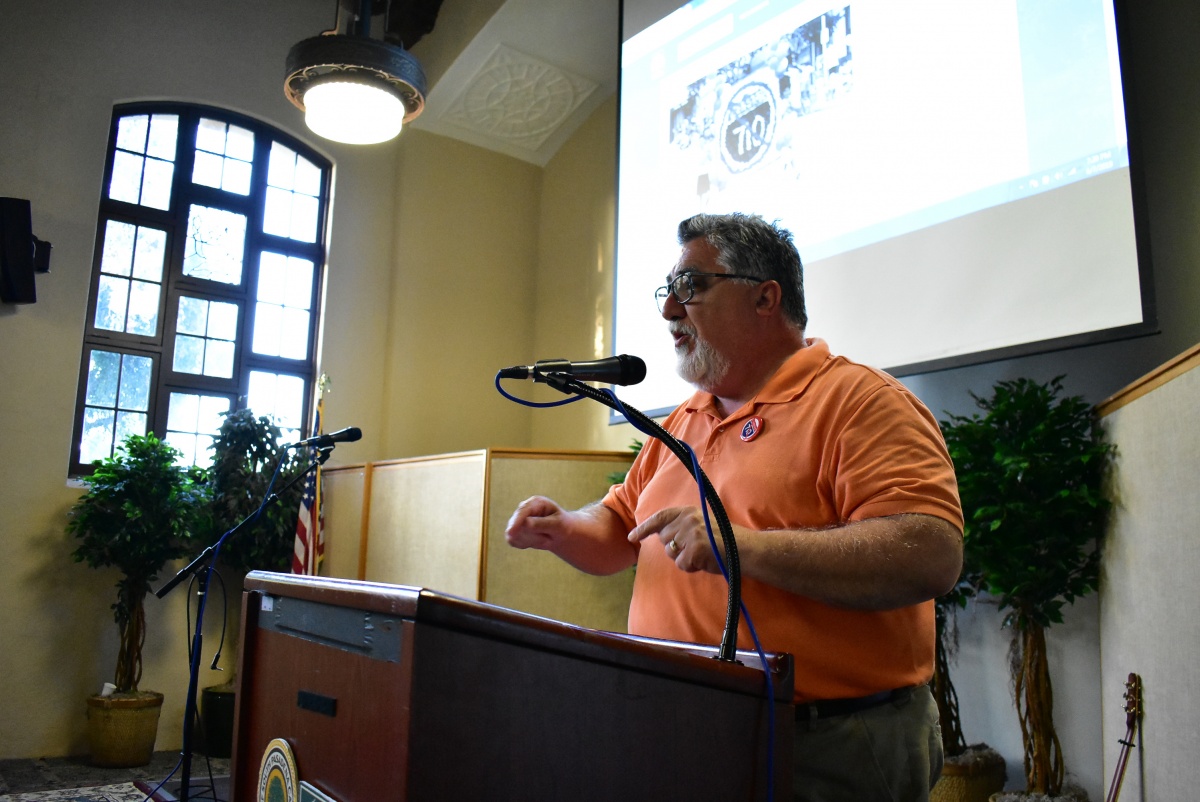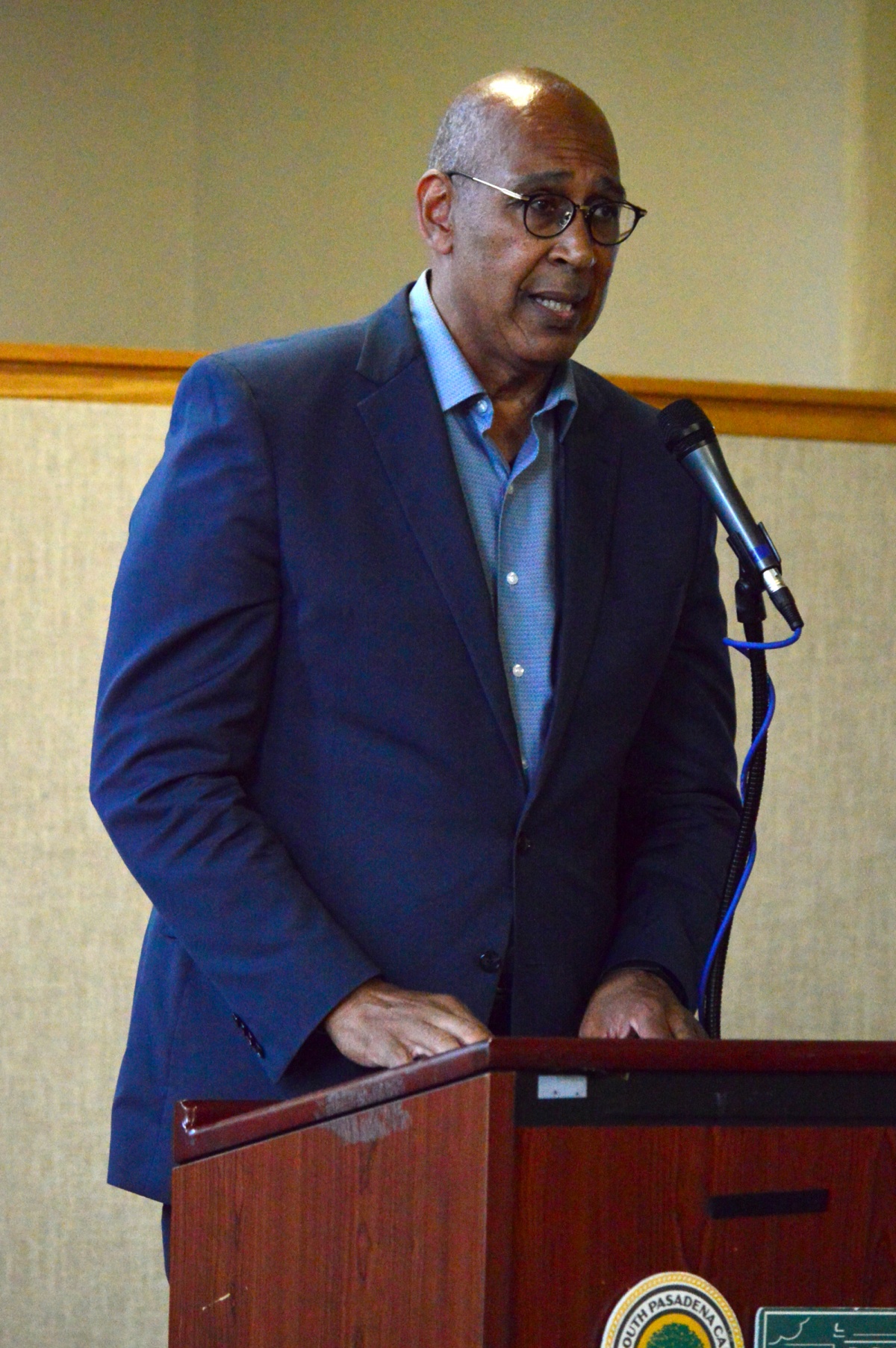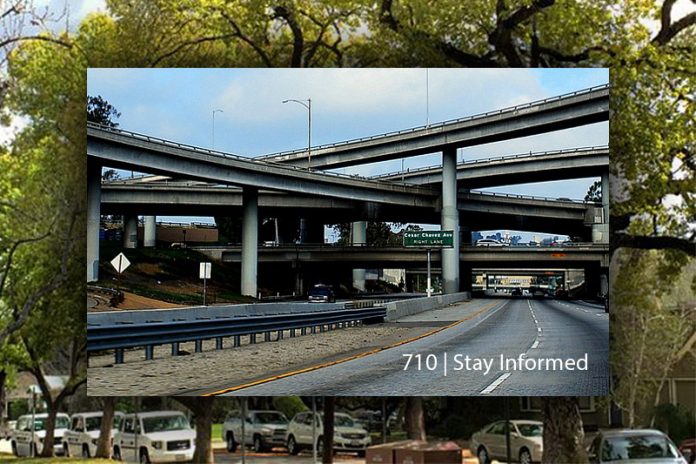Twists and tweaks to the legislation affecting the future of the SR 710 North corridor continued last week as both Senator Anthony Portantino (D-25) and Assemblyman Chris Holden (D-41) refined the text of their competing bills. Because of the new amendments, each bill is now subject to another floor vote in its chamber-of-origin and a concurring vote in the other chamber, and all this must happen by Friday before they can go to the governor’s office.
Both measures aim to prevent the state from ever again considering a freeway or tunnel in the 710 North corridor between Alhambra and Pasadena by removing that stretch from the state’s freeway and expressway system (FES) and by expanding on language in the 710 North environmental review to say that any previously studied 710 gap freeway or tunnel alternative, or any other alternative, is “no longer deemed to be feasible.”
But with the amendments approved last week, both SB-7 and AB-29 now feature the exact same, much more refined description of the stretch being removed—extending from Alhambra Ave. in Los Angeles to California Blvd. in Pasadena. In other words, excluding the so-called freeway stubs.
In addition, both bills now call for removing the corridor from the FES, but not until January 1 2024.

William Sherman, a member of South Pasadena’s Freeway and Transportation Commission, said he is very disappointed by the provision delaying removal of 710 North from the FES to 2024. “I’ve long suspected Caltrans is not an honest broker. This gives them four years to do something. I don’t know what, but I suspect the tunnel is not dead.” He said elimination of the stubs from the removed segment will “preclude any work or changes” to them. “Caltrans has been strongly opposed to giving back the stubs to the cities and they have said so on multiple occasions. It’s not a shocker but I expected more from our state legislators.”
Claire Bogaard of the No 710 Action Committee said she is not concerned about Caltrans’ continued ownership of the stublands through 2024. “We want that,” because Caltrans needs to work with Pasadena to transfer the land and because it’s the only way Caltrans can continue working on sales of the homes it owns up and down the corridor in a timely manner.
Sarah Gavit, of West Pasadena Residents Association, said language in at least one of the bills is still likely to change and so WPRA could not take a position on either measure.
Portantino’s SB-7 also has a new section saying that if the city of Pasadena and the California Transportation Commission finalize an agreement to relinquish the stublands in that city, the Commission is authorized to do so and upon relinquishment, that portion of the 710 will cease to be part of the FES. A section of Holden’s bill that would have authorized the same authority with respect to Pasadena, Alhambra and South Pasadena was removed last July at the behest of Sen. Susan Rubio, who said it was unfair to other cities in the 710 study area.
Pasadena has already discussed plans to fill its freeway stublands whereas Alhambra’s vision for a new park has been more controversial.

The Portantino bill still has its provisions freezing rent for the roughly 100 Caltrans-owned homes in the corridor whose tenants are eligible for the Affordable Rent program and helping non-profit tenants in the corridor such as Sequoia School to purchase their properties at prices much lower than otherwise. The language has been sharpened, but not substantively changed, legislative aides said.
The driving force behind the amendments appears to be Caltrans, which has convinced the legislators that implementation of street improvement projects, including those called for in lieu of a freeway or tunnel, will go more smoothly if the stubs stay in Caltrans’ control through 2024.
“By removing the stubs and extending the dates, the legislation avoids inadvertently complicating the existing process for implementing local projects in the near future,” said Garo Manjikian, a spokesman for Holden.
Some of those projects—such as transit improvements, signal optimization and local street and intersection improvements–are described in the final state and environmental review completed last November by Caltrans that formally certified the no freeway alternative in favor of the much more verbose transportation system management/transportation demand management (TSM/TDM) option.
But Caltrans would neither confirm nor deny its role. While “it is our goal to be as transparent as possible with the public,” Caltrans Public Affairs Chief Matt Rocco told the South Pasadenan News, “because it is pending legislation, I am unable to discuss” the agency’s priorities for the bills. He said the situation might change once the bills are passed.
Legislative sources also suggested that Caltrans is concerned that its legal exposure would be greater if it lost control of the stubs before the completion of the TSM/TDM projects, for which Metro has already allocated hundreds of millions in Measure R money to cities such as Pasadena and Alhambra.
That is not a widely shared opinion however and may instead be a reflection of Caltrans’ 148-employee Legal Division and its status as the only state office that handles its own legal affairs. Over the past 10 years, on the other hand, Caltrans has been sued 54 times in federal court alone, with eight of those cases still pending.
The cities of Los Angeles, South Pasadena, Pasadena, La Canada-Flintridge and the Sierra Club all sent letters in support of Holden’s bill prior to last week’s amendments.
Now that there is no provision in the Holden bill that is not in Portantino’s, the only purpose Holden’s bill can serve is to give the governor an option if he doesn’t like Portantino’s housing provisions. Also last week, Portantino added his name as a cosponsor of Holden’s bill. Under the constitution, with respect to bills with identical language, whichever is signed last by the governor becomes law.















.png)







